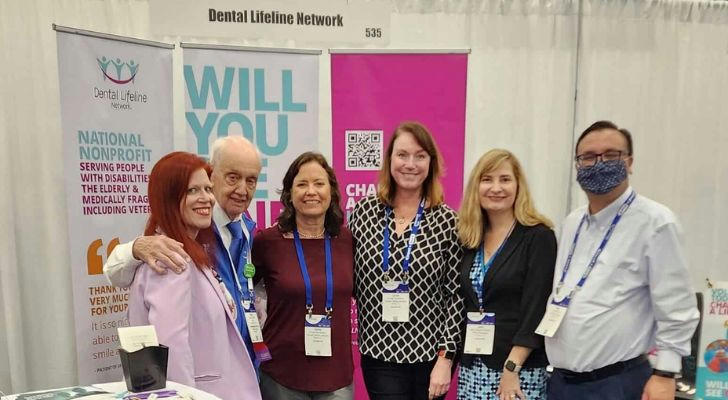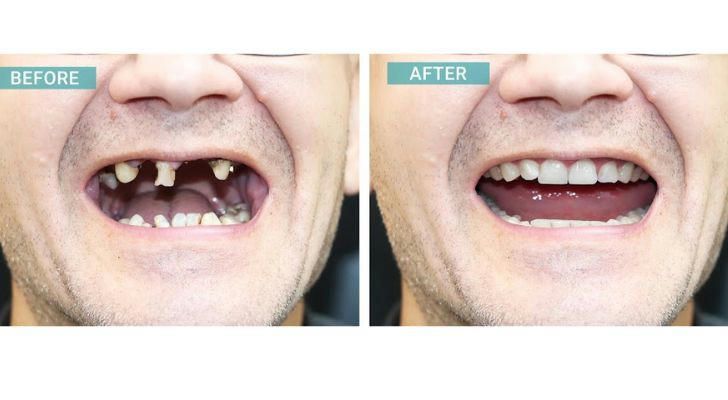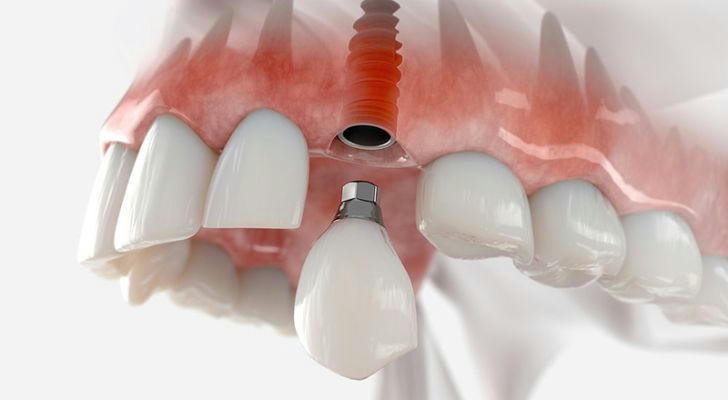How Seniors Aged 65+ Can Apply for Dental Implant Services
Starting in March 2023, the Dental Lifeline Network will offer dental implant services to seniors aged 65 and over. This is a game-changer for older adults who struggle with missing teeth and cannot afford the high cost of dental implants. Dental implants are not just about aesthetics—they improve chewing, speech, and overall quality of life. If you or a loved one is considering dental implants, here’s everything you need to know about applying for this life-changing service.

What is the Dental Lifeline Network?
The Dental Lifeline Network is a nonprofit organization dedicated to providing or low-cost dental care to vulnerable populations, including seniors, low-income individuals, and people with disabilities. With a network of volunteer dentists and dental labs, the organization has helped thousands of Americans regain their smiles and confidence.
Starting in March, the network will expand its services to include dental implants for seniors aged 65 and older. This initiative aims to address the growing need for affordable dental care among older adults.
Who is Eligible?
To qualify for the dental implant program, applicants must meet the following criteria:
Age Requirement: Must be 65 years or older.
Income Level: Must meet low-income guidelines (e.g., receiving Social Security, Medicaid, or other fixed-income benefits).
Dental Need: Must have a medical necessity for dental implants, such as difficulty eating or speaking due to missing teeth.
Applicants may need to provide proof of income, identification, and a referral from a healthcare provider.
How to Apply: A Step-by-Step Guide
Step 1: Visit the Official Website
Go to the Dental Lifeline Network website (www.dentallifeline.org) and navigate to the “Dental Implant Services” section. Here, you’ll find detailed information about the program and the application process.
Step 2: Complete the Application Form
Fill out the online application form or download a printable version. Be prepared to provide:
• Personal information (name, address, contact details).
• Proof of age (e.g., driver’s license or birth certificate).
• Proof of income (e.g., Social Security statement or tax return).
Step 3: Submit Supporting Documents
Gather and submit any required documents, such as a referral from your dentist or doctor. If you’re unable to submit documents online, you can mail them to the address provided on the website.
Step 4: Wait for Approval
Once your application is submitted, it will be reviewed by the Dental Lifeline Network team. The review process typically takes 2-4 weeks. If approved, you’ll be matched with a volunteer dentist in your area.
Step 5: Schedule Your Treatment
After approval, you’ll receive instructions on how to schedule your dental implant procedure. The treatment process may take several months, depending on your specific needs.

Real-Life Success Stories
Case 1: Mary’s Journey to a New Smile
Mary, a 72-year-old retiree from Ohio, had struggled with missing teeth for years. She couldn’t afford the $4,000 cost of dental implants and had difficulty eating solid foods. After applying to the Dental Lifeline Network, Mary was approved for the program. She received her implants in just six months and now enjoys eating her favorite foods again.
Case 2: John’s Transformation
John, a 68-year-old veteran from Texas, lost several teeth due to gum disease. He felt self-conscious about his smile and avoided social gatherings. Through the Dental Lifeline Network, John received dental implants at low-cost. “It’s changed my life,” he says. “I feel confident again.”
What Does the Program Cover?
The Dental Lifeline Network’s implant program covers:
• Initial consultation and X-rays.
• Implant placement surgery.
• Crowns or dentures attached to the implants.
However, additional procedures like bone grafts or extractions may not be covered. Be sure to discuss your specific needs with your assigned dentist.
Other Resources for Affordable Dental Care
If you don’t qualify for the Dental Lifeline Network program, here are some alternative options:
Dental Schools: Many dental schools offer low-cost services provided by students under supervision.
Local Health Departments: Check with your county health department for or low-cost dental clinics.
Charity Events: Organizations like Mission of Mercy host dental clinics across the country.
Conclusion
Starting in March, the Dental Lifeline Network is making dental implants accessible to seniors aged 65 and over. This program is a lifeline for older adults who need affordable dental care but cannot afford the high costs. If you or someone you know is eligible, don’t hesitate to apply. A healthier, more confident smile is within reach!

